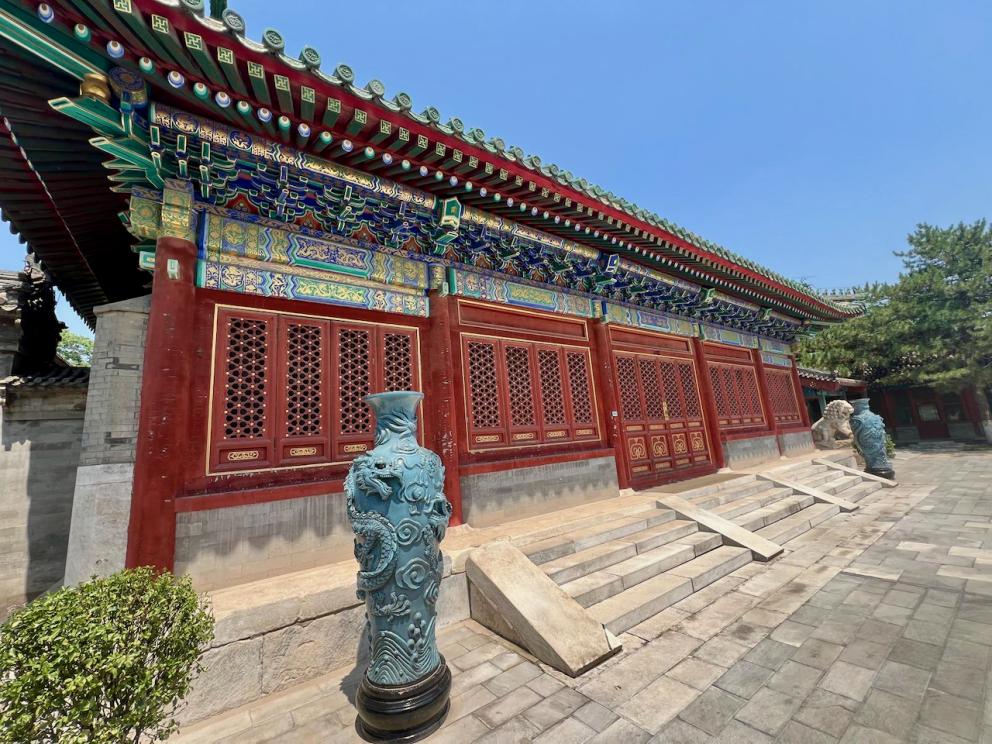The meeting will be a pilgrimage encounter with the people and churches in China exploring the theme of “Christ, culture, and context.”
The business agenda will include approval of 2026 plans and budgets, follow up on central committee outcomes from June 2025, and monitoring implementation of WCC strategies.
Each day, the executive committee will be hosted by a different parish for morning prayer and encounters with the church in China on different topics, including women in ministry, the further contextualization of Christianity, interfaith relations, parish ministry, and theological education.
The governing body will delve into the history of Christianity in China. In 1950, Chinese Protestant Christians initiated the Three-Self Movement, and through the principles of self-governance, self-support, and self-propagation, Chinese Christians set out on an independent road to building the church. During the cultural revolution, from 1966 to 1976, churches were closed. Churches began to reopen in 1979, and in 1980 the China Christian Council was established as a post-denominational church.
During the opening session, the Amity Foundation will launch a special Nicaea 1700th anniversary edition of the Bible. The meeting will take place at the West Lake State Guesthouse.
The WCC executive committee will also issue statements on public issues affecting the life and witness of the churches.
“I am looking forward to learning more about the situation of the churches in China. Considering the decisive role China plays in moving towards an ecological transformation of the global economy, I expect important insights for the Ecumenical Decade of Climate Justice Action we launched at our central committee meeting in Johannesburg,” said Bishop Prof. Dr Heinrich Bedford-Strohm, moderator of the WCC central committee.
WCC general secretary Rev. Prof. Dr Jerry Pillay noted that China as a country has emerged as a great contributor to global economies, technology, politics, religion, and culture. “The idea and reality of a post- denominational church is a significant consideration for Christian unity,” he said. “We are looking forward to our executive committee meeting in Hangzhou to listen, learn, and journey together as pilgrims and co-pilgrims in justice, reconciliation, and unity with our fellow members and the people we encounter in China.”
Many people on the WCC executive committee will be visiting China for the first time. “They are looking forward to a new and engaging encounter,” said Pillay.

